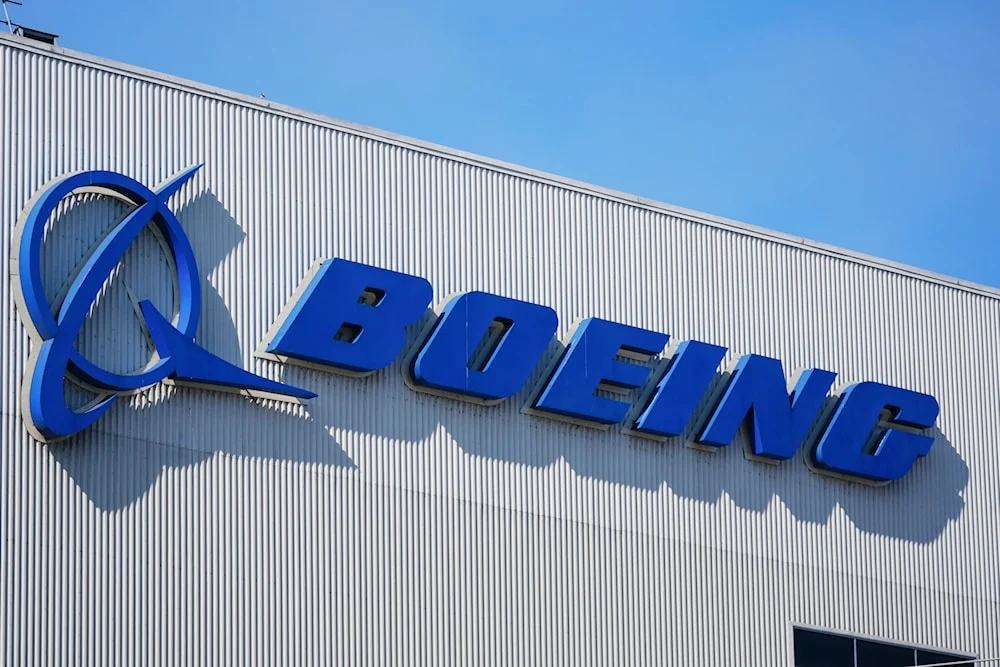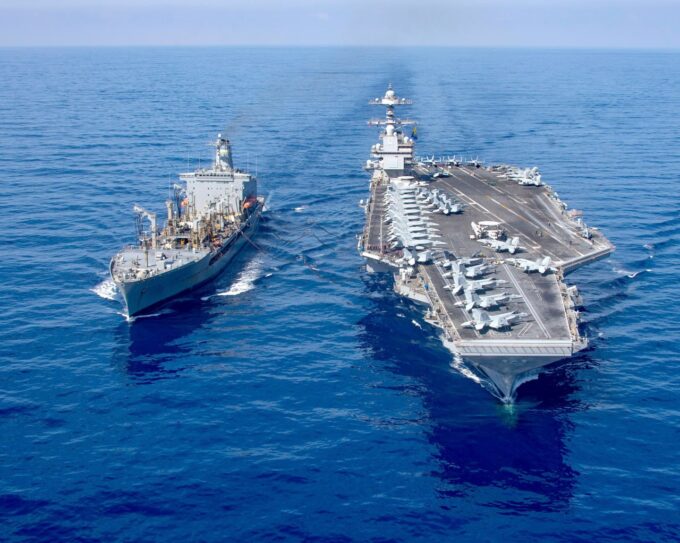New Delhi, August 7, 2025 — India has put on hold a $3.6 billion deal to acquire six additional Boeing P-8I maritime surveillance aircraft, in what appears to be a direct response to U.S. President Donald Trump’s recent imposition of a 25% tariff on Indian exports, according to a report by Sputnik citing Indian media.
The tariffs, which are set to take effect today, have triggered concerns in New Delhi about the strategic and economic implications of continuing high-value defense deals with Washington. While Indian defense officials have not announced a formal cancellation, they confirmed that the agreement has been paused pending a broader review.
Originally approved by the U.S. government in 2021 for $2.42 billion, the cost of the P-8I deal surged by nearly 50% due to global supply chain disruptions. The Indian Ministry of Defence was nearing final approval of the expanded acquisition when President Trump’s tariff order reignited longstanding concerns over economic coercion and trade pressure.
India currently operates 12 Boeing P-8Is, which form the backbone of its maritime surveillance capability in the Indian Ocean region—especially amid concerns over China’s growing naval presence. The Navy had strongly advocated for expanding the fleet, deeming the additional aircraft essential for protecting India’s regional interests.
However, sources cited by Indian Defence Research Wing (IDRW) said the sudden tariff hike has altered the government’s strategic outlook. Many officials reportedly see the move as an effort to pressure India into increasing its defense reliance on the United States, particularly by nudging procurement toward U.S.-made platforms such as the F-35 fighter jet.
“This move was shocking,” an Indian official was quoted as saying. “India’s defense acquisitions are made based on national security imperatives—not under foreign pressure.”
The suspension of the Boeing deal signals a broader reassessment of India’s defense partnerships and procurement strategies. The Modi government is now said to be giving greater emphasis to indigenously developed defense platforms, including those from the Defence Research and Development Organisation (DRDO), amid rising costs and shifting geopolitical dynamics.
Although Boeing has a substantial industrial presence in India through joint ventures and local investments, analysts warn that unless Washington reverses its tariff policy, the P-8I deal could remain in limbo indefinitely.
Trump Administration Justifies Tariffs Over Russian Oil Imports
President Trump’s decision to impose the new tariffs came via executive order on Wednesday. The U.S. administration cited India’s continued importation—directly or indirectly—of Russian oil and gas as the reason for the additional trade penalties.
In addition to the 25% tariff taking effect today, Trump announced another 25% tariff to be implemented later this month as further punishment. These penalties are layered over earlier duties imposed earlier in the year, significantly escalating trade tensions between the two countries.
In response, Indian officials have vowed to defend national economic and strategic interests. While New Delhi has not retaliated with countermeasures yet, today’s developments mark a sharp downturn in U.S.-India defense and trade relations.












Leave a comment